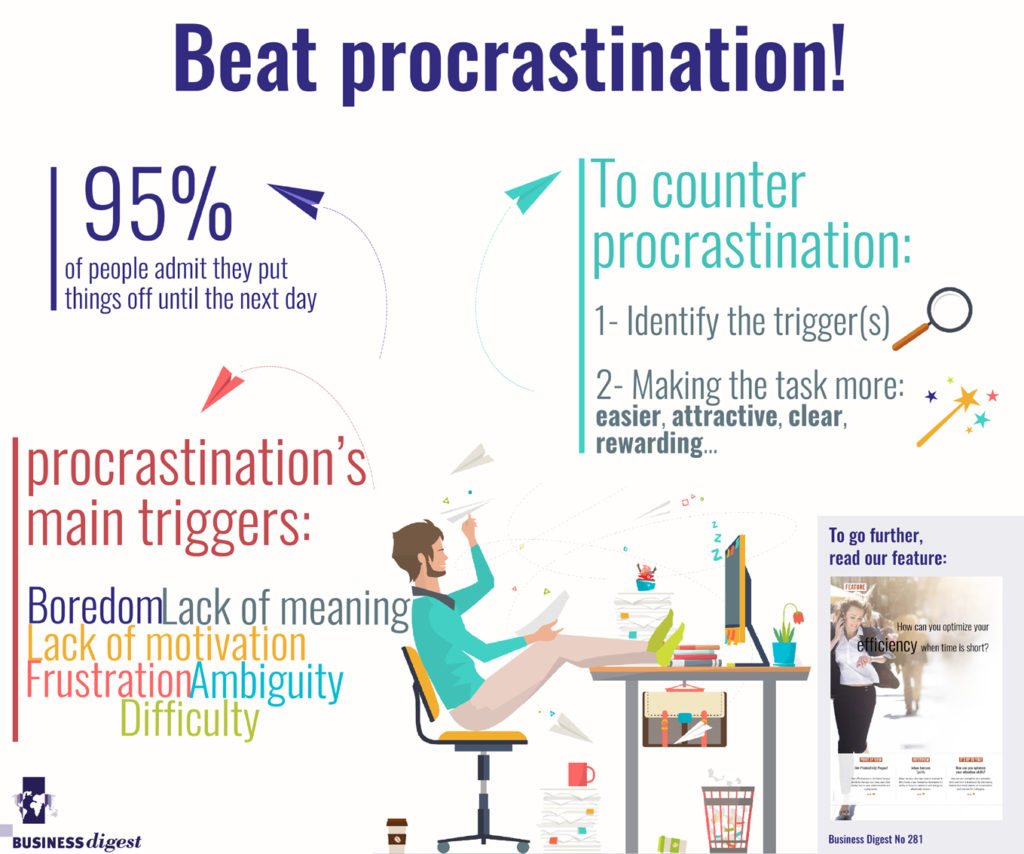Breaking Down Procrastination, Emotional Dependency, and Impostor Syndrome
Breaking Down Procrastination, Emotional Dependency, and Impostor Syndrome
Blog Article
In today's fast-paced world, people often face internal obstacles that affect their daily lives. Among these, procrastination, emotional dependency, and impostor syndrome stand out as common issues. But how can we overcome them?
This article, we will dive into the causes and solutions these three challenges. By understanding their impact and learning to manage them effectively, you can take control of your life.
Understanding Procrastination and Its Impact
Procrastination is the act of delaying tasks despite knowing their importance. This behavior is frequently linked to emotional or psychological factors, such as anxiety or self-doubt.

The effects of procrastination, can be far-reaching. To combat procrastination requires developing better habits and breaking tasks o que é procastinar into smaller steps. Consider techniques procrastinação o que significa like the Pomodoro Technique or focusing on time-bound goals to stay on track.
What is Emotional Dependency?
Emotional dependency is a state where a person depends excessively on external relationships to fulfill their emotional needs. Although relationships are fundamental, emotional dependency turns detrimental when self-esteem is tied solely to others’ approval.

Common signs of emotional dependency include a fear of rejection, difficulty making decisions independently, and constant seeking of external approval. Breaking free from this pattern, it’s crucial to build self-confidence and learn to validate yourself internally. Engaging in personal development activities and professional guidance can provide significant support.
Recognizing and Managing Impostor Syndrome
Impostor syndrome is the persistent belief where someone feels like a fraud despite evident success. People with impostor syndrome tend to undermine their abilities rather than skill or effort.

This mindset can lead to anxiety, self-doubt, and a fear of being “exposed”. To overcome impostor syndrome involves challenging self-critical beliefs and celebrating accomplishments. Seeking feedback from trusted peers and setting realistic expectations can support personal growth.
How to Address These Challenges?
To navigate these issues, consider the following strategies:
- Develop structured daily plans and break larger tasks into smaller milestones.
- Recognize triggers that contribute to your emotional reliance and foster personal resilience.
- Practice gratitude to counter impostor syndrome and consider therapy or coaching.
Consistency is key, so stay committed to these approaches to see positive changes.
Moving Forward from Mental Barriers
These challenges may seem daunting, but you can overcome them by taking deliberate action. With awareness and consistent effort, you pave the way for a healthier, more fulfilling life.
Take the first step by acknowledging where you stand and adopting simple, actionable strategies. Remember: progress is a journey, not a destination.
Report this page